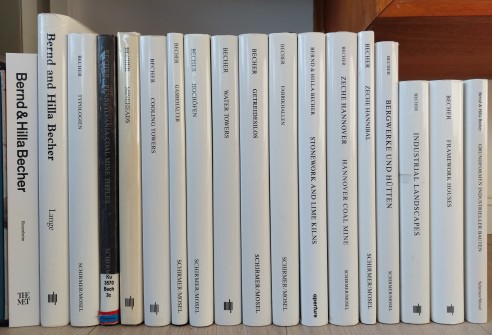 If I had to write an intellectual biography, I think the airing of Of Beauty and Consolation on Dutch television in 2000 would be an important marker. Wim Kayzer talked with 26 prominent intellectuals about the connection between beauty and consolation. The list is impressive: Roger Scruton, John M. Coetzee, Martha Nussbaum, Edward Witten, Freeman Dyson, Vladimir Ashkenazy, Simon Shama, Stephen Jay Gould, Wole Soyinka, Jane Goodall, Tatjana Tolstaja, Karel Appel, Germaine Greer, Leon Lederman, Gyorgy Konrad, Gary Lynch, Dubravka Ugresic, George Steiner, Elizabeth Loftus, Catherine Bott, Rutger Kopland, Rudi Fuchs, Richard Duffalo, Yehudi Menuhin, Steven Weinberg and, indeed, Richard Rorty. It resulted in 40 hours of tv, and you can all watch it on VPRO’s YouTube channel.
If I had to write an intellectual biography, I think the airing of Of Beauty and Consolation on Dutch television in 2000 would be an important marker. Wim Kayzer talked with 26 prominent intellectuals about the connection between beauty and consolation. The list is impressive: Roger Scruton, John M. Coetzee, Martha Nussbaum, Edward Witten, Freeman Dyson, Vladimir Ashkenazy, Simon Shama, Stephen Jay Gould, Wole Soyinka, Jane Goodall, Tatjana Tolstaja, Karel Appel, Germaine Greer, Leon Lederman, Gyorgy Konrad, Gary Lynch, Dubravka Ugresic, George Steiner, Elizabeth Loftus, Catherine Bott, Rutger Kopland, Rudi Fuchs, Richard Duffalo, Yehudi Menuhin, Steven Weinberg and, indeed, Richard Rorty. It resulted in 40 hours of tv, and you can all watch it on VPRO’s YouTube channel.
Richard Rorty’s very moving episode is probably my favorite corner of the internet, and I still watch it again about once a year. It introduced me to what has become my favorite philosopher – the philosopher that basically killed my desire to read much more philosophy. Reading 1989’s Contingency, Irony and Solidarity in a Dutch translation somewhere around 2008 was the straw that broke the camel’s back: Rorty argues, amongst other things, that philosophy is just another form of literature, and philosophers are mainly people who write books about other books, not necessarily people with a greater claim on truth or a better grasp of reality.
Rorty died in 2007. Today he is probably best know as the philosopher that warned of the rise of a Trumpian strongman in Achieving Our Country, published in 1998. This short passage went viral in 2016:
[M]embers of labor unions, and unorganized unskilled workers, will sooner or later realize that their government is not even trying to prevent wages from sinking or to prevent jobs from being exported. Around the same time, they will realize that suburban white-collar workers—themselves desperately afraid of being downsized—are not going to let themselves be taxed to provide social benefits for anyone else.
At that point, something will crack. The nonsuburban electorate will decide that the system has failed and start looking for a strongman to vote for — someone willing to assure them that, once he is elected, the smug bureaucrats, tricky lawyers, overpaid bond salesmen, and postmodernist professors will no longer be calling the shots. A scenario like that of Sinclair Lewis’ novel It Can’t Happen Here may then be played out. For once such a strongman takes office, nobody can predict what will happen. In 1932, most of the predictions made about what would happen if Hindenburg named Hitler chancellor were wildly overoptimistic.
One thing that is very likely to happen is that the gains made in the past 40 years by black and brown Americans, and by homosexuals, will be wiped out. Jocular contempt for women will come back into fashion. The words ‘nigger’ and ‘kike’ will once again be heard in the workplace. All the sadism which the academic left has tried to make unacceptable to its students will come flooding back. All the resentment which badly educated Americans feel about having their manners dictated to them by college graduates will find an outlet.
There’s a summary of Rorty’s reasoning on Vox. It amounts to a history of the American left, its shift to identity and cultural issues and its consequences. Well worth reading – more so, mandatory for those with political ambitions.
When I saw the spine of this newly published book in the awesome Athenaeum bookshop in Amsterdam last summer, I decided to see if Richard Rorty could still teach me something. What Can We Hope For? Essays on Politics collects 19 essays that were written between 1995 and 2007 – 4 of which unpublished, and many lesser-known and hard to find pieces. It also has a 17 page introduction by editors W.P. Malecki and Chris Voparil.
I want to stress the collection is accessible to readers without any prior knowledge of Rorty.
Included is “Looking Backwards from the Year 2096”, a kind of science fictional essay that first appeared as “Fraternity Reigns” in the New York Times in 1996 and was also reprinted in Philosophy and Social Hope, a collection from 1999. Rorty imagines a future American history, looking back from 2096 to “our long, hesitant, painful; recovery, over the last five decades, from the breakdown of democratic institutions during the Dark Years (2014-2044)”, a recovery that “has changed our political vocabulary, as well as our sense of the relation between the moral order and the economic order”.
I highlight this here already, because political philosophy is clearly a matter of the imagination. In the remainder of this text I shall try to summarize some of Rorty’s main points, and also compare some of his ideas to those of Kim Stanley Robinson – another intellectual & writer, one who has thought about the future too, in the hope of bettering the world.
As such, this post can be read as a companion piece to my recent analysis of Antarctica – KSR’s epistemological novel, in which Kim Stanley Robinson ties together science, ethics, utopian praxis, imagination, ideologies and stories.
This post will be quote heavy, because I simply can’t say it any better than Rorty himself.


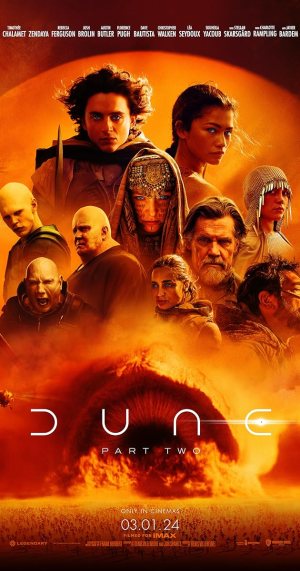
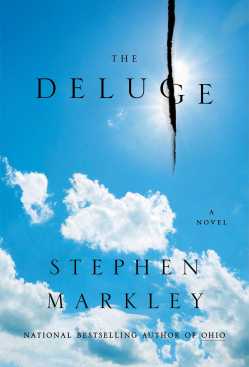
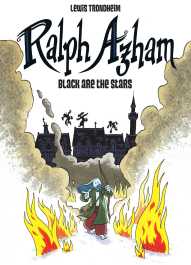
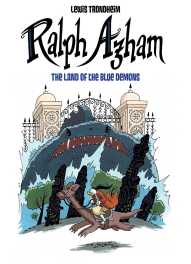
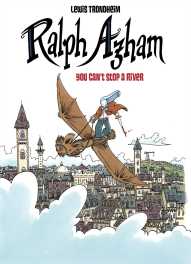
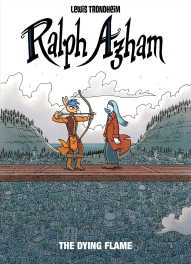



 I’ve always been impressed by the writing on David Auerbach’s blog. His
I’ve always been impressed by the writing on David Auerbach’s blog. His 